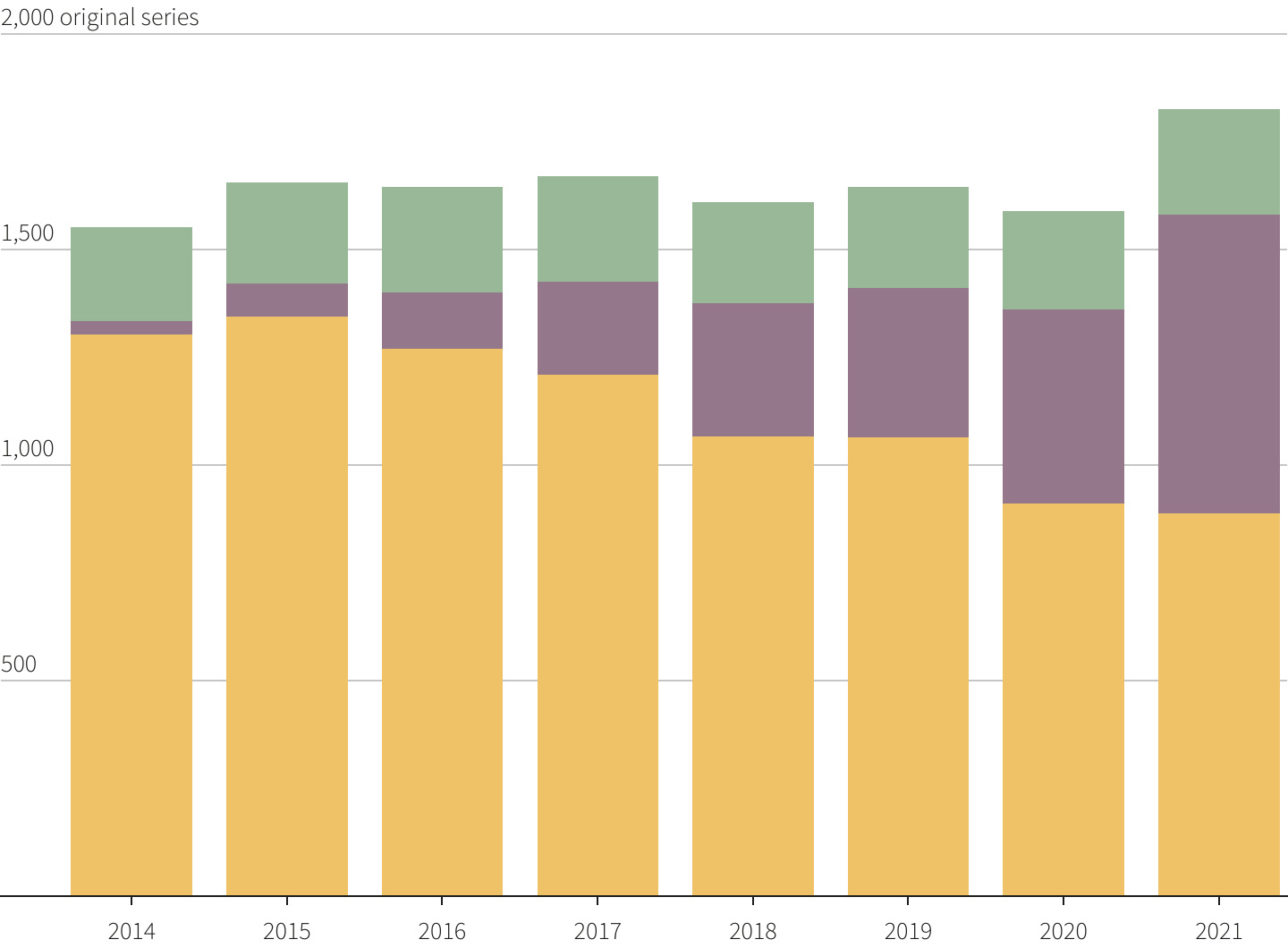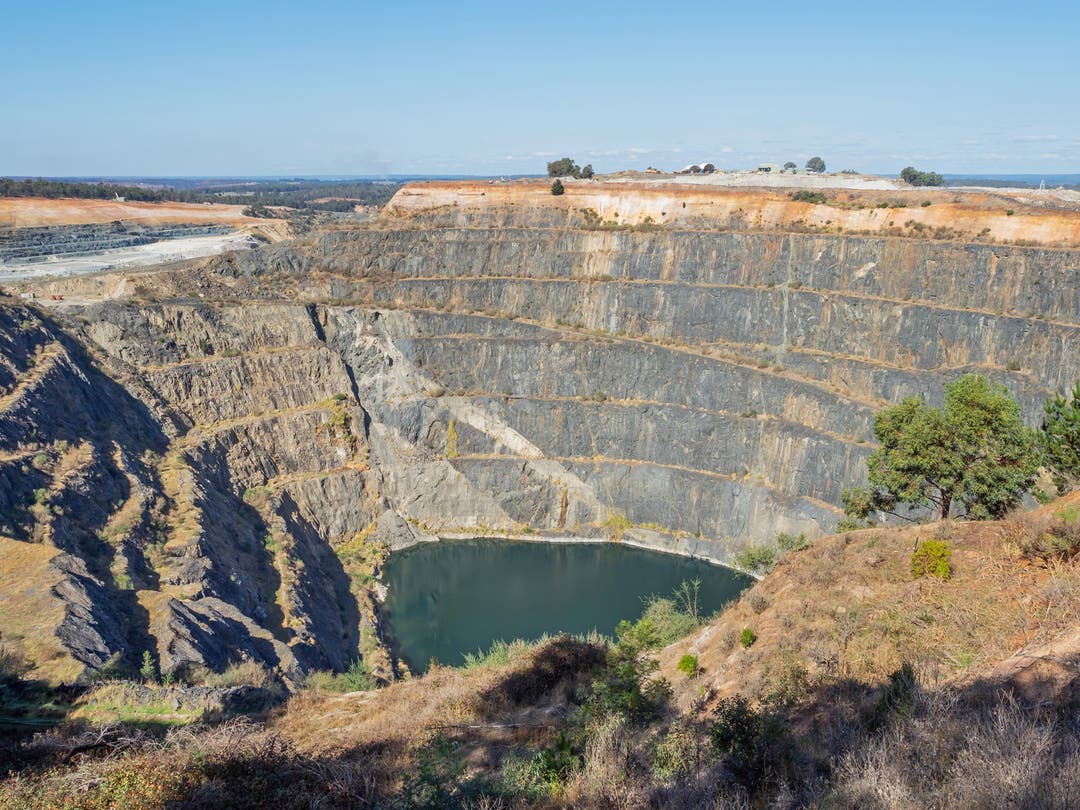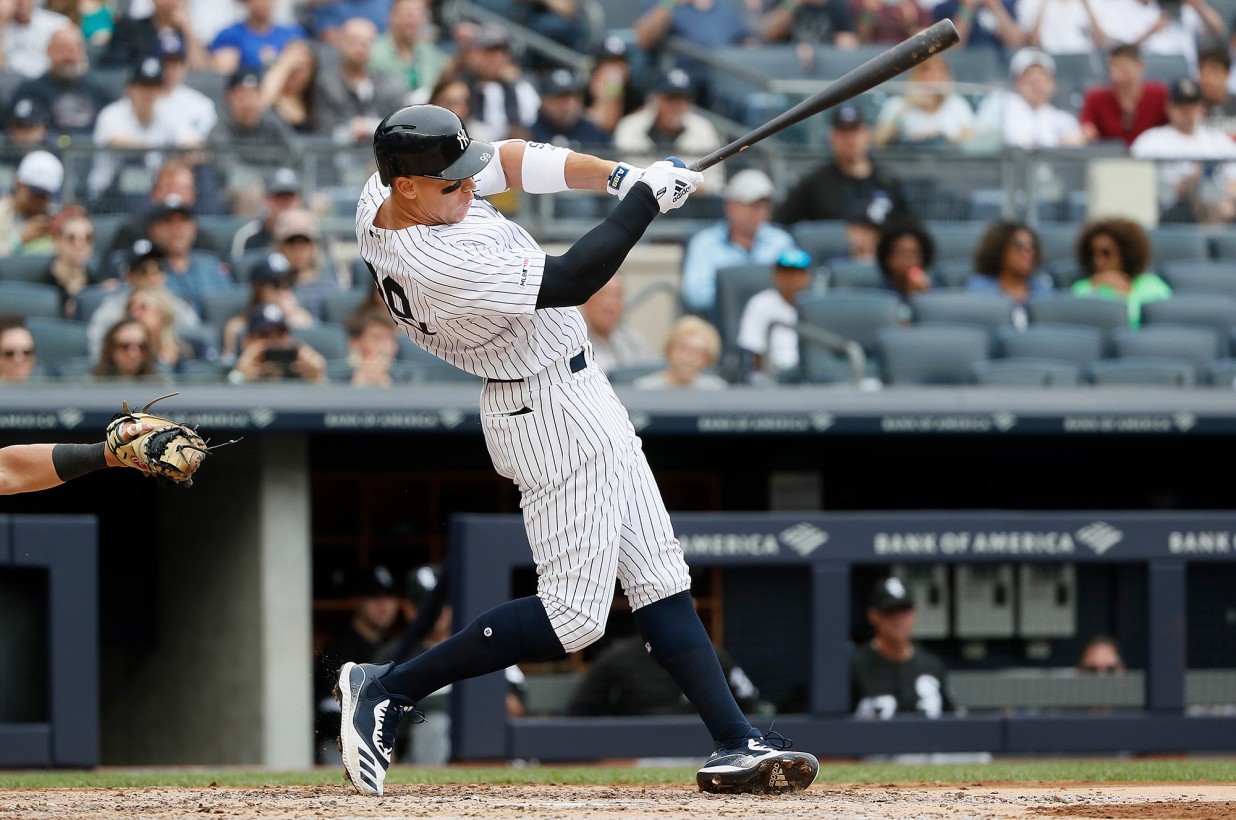Hollywood Strike: What It Means For Film And Television Production

Table of Contents
Production Delays and Shutdowns
The strike has caused widespread production delays and complete shutdowns across numerous film and television projects. Major studios and streaming platforms like Netflix, Disney, and Amazon have halted production on many high-profile projects, leading to significant financial losses and impacting the release schedules of numerous anticipated titles. This disruption extends beyond major productions; independent films and smaller television series are also feeling the effects.
-
Examples of Delayed or Cancelled Productions: The strike has already impacted numerous projects. For example, "Marvel's Deadpool 3" experienced significant production delays, pushing back its release date. Similarly, "Stranger Things Season 5" and many other television series have seen their production schedules disrupted, leading to uncertainty about their release timelines. Several late-night talk shows have also been forced off the air.
-
Impact: These production delays have created a ripple effect across the industry. Postponed release dates will impact box office revenue for theatrical releases and streaming viewership for online platforms. The delay also impacts marketing and promotional campaigns, further compounding the financial strain. The longer the strike continues, the more severe these impacts become. The knock-on effects are felt globally, especially in locations that rely heavily on film and television production for their economy.
Financial Implications for the Industry
The Hollywood strike's financial impact is substantial, affecting studios, production companies, crew members, and local economies. The loss of revenue from delayed releases and halted productions is immense, and the effects extend far beyond the major players.
-
Impact on Streaming Services: Streaming giants, who have heavily invested in original content, are facing significant financial strain. Delayed releases mean a loss of anticipated subscribers and reduced advertising revenue. The reliance on original content for attracting and retaining subscribers puts streaming services in a particularly vulnerable position during this strike.
-
Impact on Smaller Productions: The impact on smaller production companies and independent filmmakers is disproportionately severe. They often lack the financial resources to weather prolonged production delays and may face significant difficulties resuming projects once the strike ends. Many smaller productions may be permanently cancelled, resulting in job losses and a reduction in diverse storytelling.
Impact on Actors and Writers
The strike is fundamentally about fair wages, residuals, and working conditions for actors and writers. Both SAG-AFTRA and the WGA are pushing for crucial changes in their contracts.
-
Key Demands of SAG-AFTRA: SAG-AFTRA's key demands include fair compensation, particularly regarding residuals in the streaming era. This addresses the issue of actors receiving significantly less compensation for their work on streaming platforms compared to traditional television. They're also demanding protections against the misuse of their likeness through AI technology.
-
Key Demands of WGA: The WGA is focused on fair wages, minimum staffing levels on productions (to prevent overwork and exploitation), and protections against the use of AI to replace writers. They're arguing for fair compensation for the increased workload and shorter production times that are typical in today's industry.
-
Impact on Individual Livelihoods: The strike has resulted in significant financial hardship for many actors and writers, who rely on project-based income. Many are facing uncertainty about their future employment and the ability to meet their financial obligations. This economic hardship adds another layer of urgency to the negotiations.
The Role of Artificial Intelligence (AI)
The use of AI in film and television is a significant point of contention in the strike. Both actors and writers express serious concerns about AI replacing human creativity and labor.
- Concerns about AI Replacement: The potential for AI to generate scripts or create digital likenesses of actors is a major worry. The unions are pushing for safeguards to ensure that human creatives retain their jobs and control over their work. This is not about opposing technological progress but establishing ethical guidelines and fair compensation. The demands involve contract clauses that protect against AI misuse and ensure fair compensation when AI is used.
Potential Long-Term Consequences for the Industry
The Hollywood strike could lead to long-term changes in the way film and television are produced. The outcome of the negotiations will have significant and lasting effects on the industry.
-
Negotiations and Potential Contract Changes: The resulting contract agreements will significantly impact future working conditions, compensation structures, and the use of AI in the industry. The negotiations are shaping the future power dynamics between studios, streamers, and creative professionals.
-
Shifting Power Dynamics: The strike highlights an imbalance of power between major studios and individual creatives. The outcome of the negotiations could lead to a shift in power dynamics, potentially giving creative professionals more leverage in future contract negotiations.
-
Impact on the Future of Storytelling: The strike raises questions about the future of storytelling. The restrictions on the use of AI could influence creative choices and the kinds of stories that are told. It might also foster a greater appreciation for the unique contributions of human creativity in filmmaking and television.
Conclusion
The Hollywood strike presents a critical juncture for the film and television industry. The widespread production delays, significant financial implications, and the crucial issues raised regarding fair compensation and the role of AI have profound consequences. The outcome of the strike will significantly shape the future of filmmaking and television production. Staying informed about the progress of the Hollywood strike and the resulting contract negotiations is crucial for anyone involved in or interested in the future of film and television production. Understanding the Hollywood strike's impact is essential for navigating this period of uncertainty. The resolution of this strike will have far-reaching consequences for the future of entertainment.

Featured Posts
-
 2 Year Old Us Citizens Deportation Federal Judge Sets Hearing
Apr 28, 2025
2 Year Old Us Citizens Deportation Federal Judge Sets Hearing
Apr 28, 2025 -
 Retail Investor Behavior During Market Downturns A Deep Dive
Apr 28, 2025
Retail Investor Behavior During Market Downturns A Deep Dive
Apr 28, 2025 -
 Will Aaron Judge Bat Leadoff Analyzing Boones Lineup Decisions
Apr 28, 2025
Will Aaron Judge Bat Leadoff Analyzing Boones Lineup Decisions
Apr 28, 2025 -
 Warna Baru Jetour Dashing Kejutan Di Iims 2025
Apr 28, 2025
Warna Baru Jetour Dashing Kejutan Di Iims 2025
Apr 28, 2025 -
 Kazakhstan Wjht Jdydt Ltyran Alerbyt Mn Abwzby
Apr 28, 2025
Kazakhstan Wjht Jdydt Ltyran Alerbyt Mn Abwzby
Apr 28, 2025
